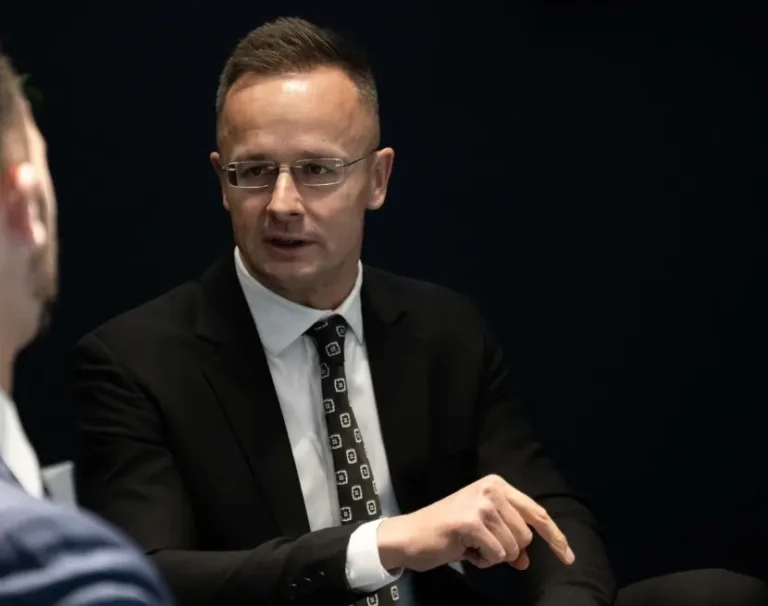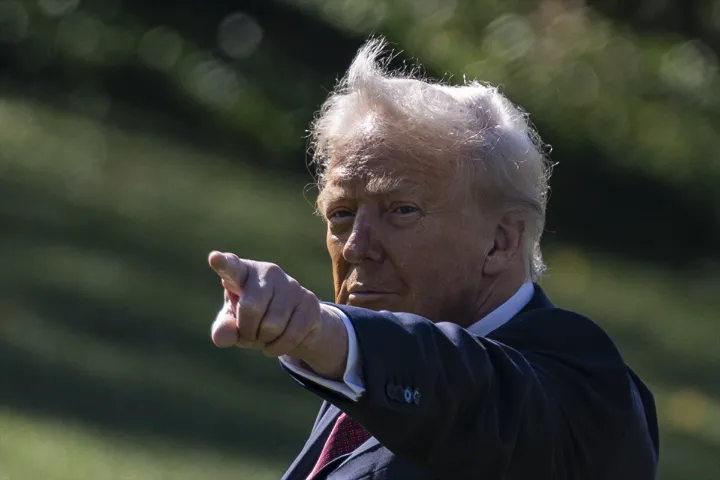Russia
Russian executive linked to Hungary’s Paks II project detained over alleged funding of Ukrainian army

Massive Hungarian MOL-Russian Gazprom deal may reshape the Central European energy market

Remembering the Don Bend: a tragedy that still speaks to Hungarians

PM Orbán’s fiery international press conference about Huxit, elections, war: Hungary won’t admit a single migrant!

Serbia’s president expects deal between Hungary and Russia over oil company

Strategic Serbian refinery could come under Hungarian control thanks to close Trump–Orbán and Putin–Orbán ties

PM Orbán year-end interview about the migration pact and joining Europe’s war

Unexpected message from Putin to PM Orbán: Trump, Kim, Erdogan, Castro, and Fico among recipients

Hungarian government’s recipe for 2026 success: no migrants, no war, more Russian energy

Hungarian energy giant MOL emerges as frontrunner to buy Russian stake of Serbian oil company

PM Viktor Orbán about Putin’s Ukrainian invasion: It’s not clear who attacked whom

Putin reassures Orbán after Hungarian PM seeks his take on pivotal EU decision about billions of euros – updated

PM Orbán warns of Russian retaliation if the EU crosses the Rubicon

Polish FM says Orbán ‘earned the Lenin Order’, Hungarian FM Szijjártó fires back on social media

Zelenskyy willing to hold elections in wartime, but Russia already has its answer prepared

Orbán sidelined: Sanctions no longer need Hungary’s approval under new EU emergency mechanism

The United States wants to make Donbas a “free economic zone” as part of a new peace deal

Most Hungarians fear foreign intervention in next year’s parliamentary elections





 ZH
ZH IT
IT DE
DE HR
HR NL
NL FR
FR JA
JA RO
RO RU
RU ES
ES TR
TR
